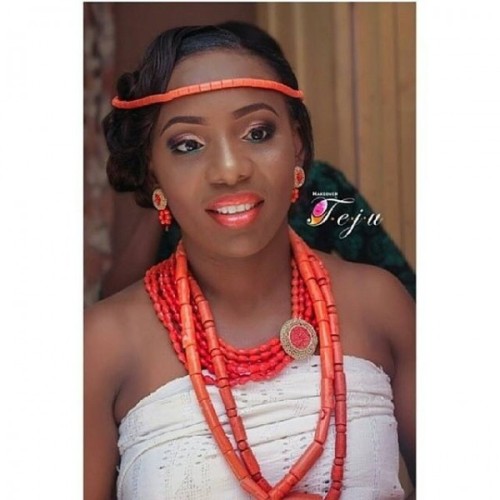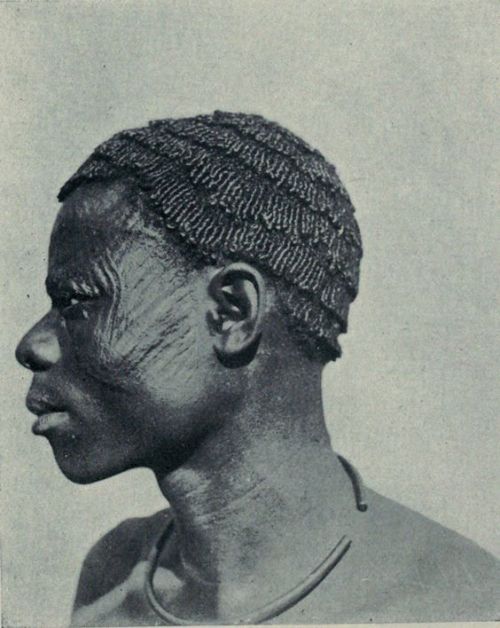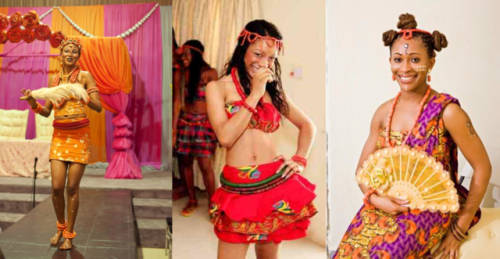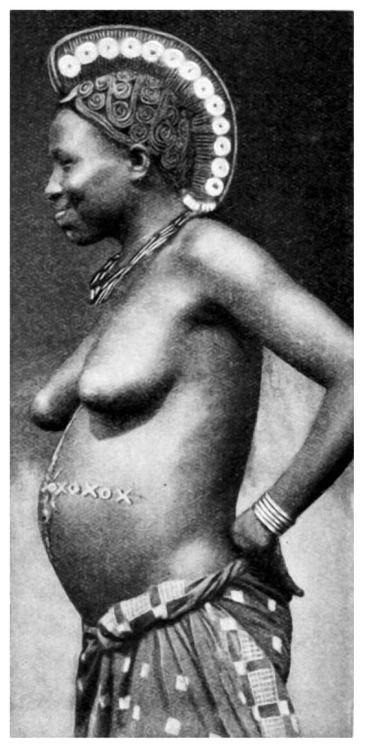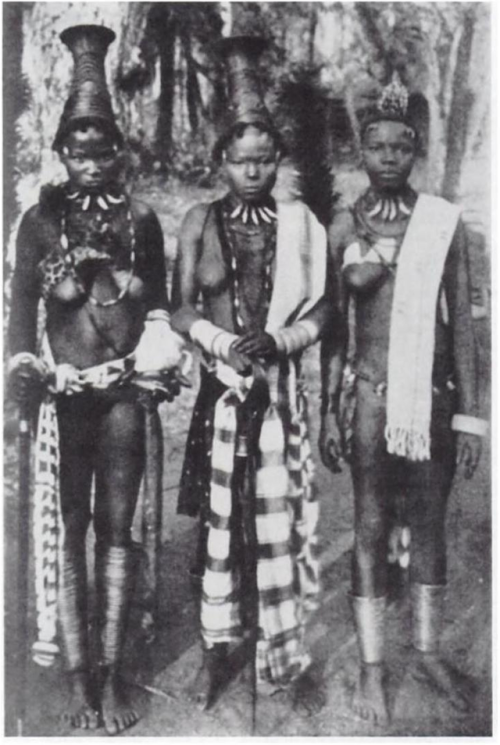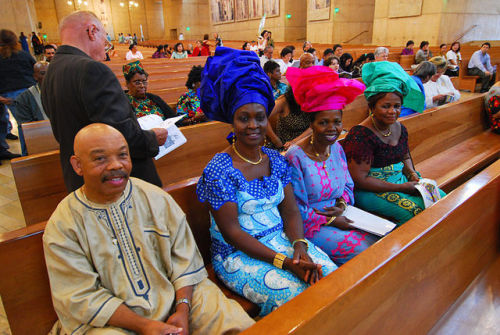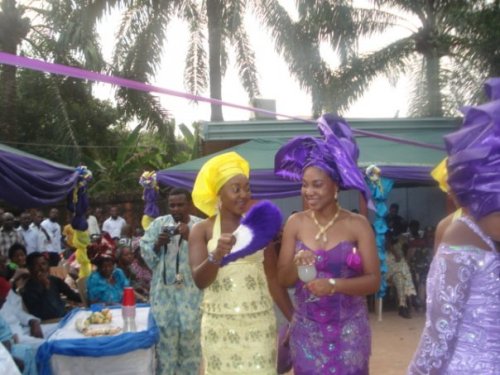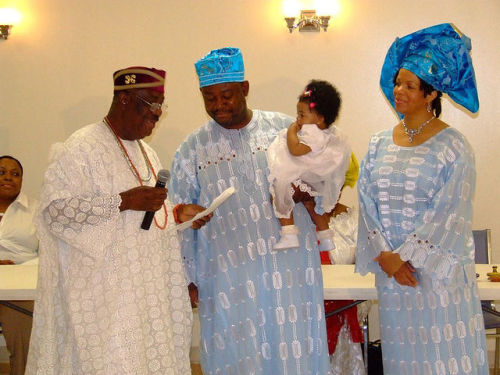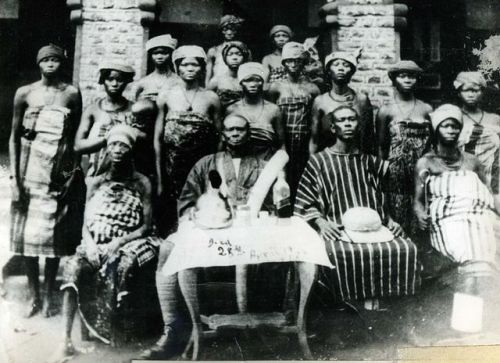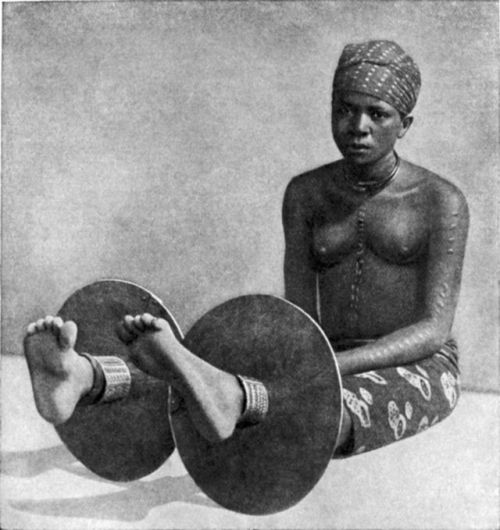The Igbo people (English: /ˈiːboʊ/; also Ibo, formerly also Iboe, Ebo, Eboe, Eboans, Heebo; natively
The Igbo people (English: /ˈiːboʊ/; also Ibo, formerly also Iboe, Ebo, Eboe, Eboans, Heebo; natively Ṇ́dị́ Ìgbò [ìɡ͡bò] ) are an ethnic group native to the present-day south-central and southeastern Nigeria. Geographically, the Igbo homeland is divided into two unequal sections by the Niger River – an eastern (which is the larger of the two) and a western section. The Igbo people are one of the largest ethnic groups in Africa.Before British colonial rule in the 20th century, the Igbo were a politically fragmented group, with a number of centralized chiefdoms such as Nri, Arochukwu, Agbor and Onitsha. Frederick Lugard introduced the Eze system of “Warrant Chiefs”. Unaffected by the Fulani War and the resulting spread of Islam in Nigeria in the 19th century, they became overwhelmingly Christian under colonization. In the wake of decolonisation, the Igbo developed a strong sense of ethnic identity. During the Nigerian Civil War of 1967–1970 the Igbo territories seceded as the short-lived Republic of Biafra. MASSOB, a sectarian organization formed in 1999, continues a non-violent struggle for an independent Igbo state.Small ethnic Igbo populations are found in Cameroon and Equatorial Guinea, as well as outside Africa. Chambers (2002) argued that many of the slaves taken from the Bight of Biafra across the Middle Passage would have been Igbo. These slaves were usually sold to Europeans by the Aro Confederacy, who kidnapped or bought slaves from Igbo villages in the hinterland. Igbo slaves may have not been victims of slave-raiding wars or expeditions, but perhaps debtors or Igbos who committed within their communities alleged crimes. The Igbo were dispersed to colonies such as Jamaica, Cuba, Saint-Domingue, Barbados, the future United States, Belize and Trinidad and Tobago, among others. Elements of Igbo culture can still be found in these places. 1. Igbo Nigerian wedding2. Igbo man with facial scarifications, called ichi. Photo by by Northcote Thomas, late 19th-early 20th century3. Igbo brides (click to enlarge)4. Igbo woman from Awka, Nigeria ca. 19355. Three Igbo women, early 20th century6. Igbo Roman Catholics in the Cathedral of Our Lady of the Angels, Los Angeles, California7. A modern Igbo wedding, Nnewi, Nigeria10. An Igbo woman wearing brass anklets called ogba. These are fashion, not punishment.11. Igbo people celebrating the New Yam festival in Dublin, Ireland -- source link
#fashion#igbo#nigeria#nigerian fashion#africa#african fashion#jewelry#subsaharan africa#headdress#i mean
